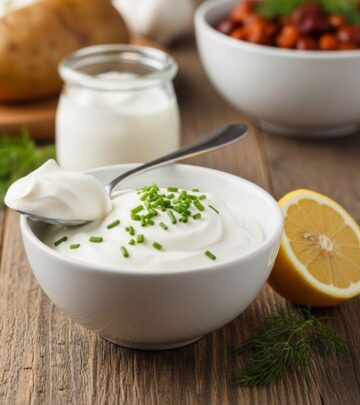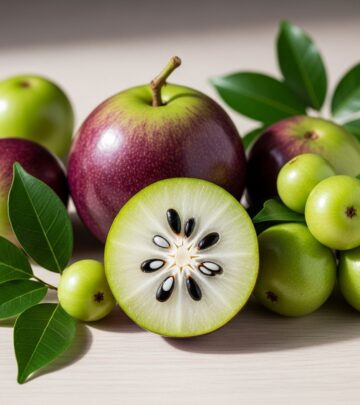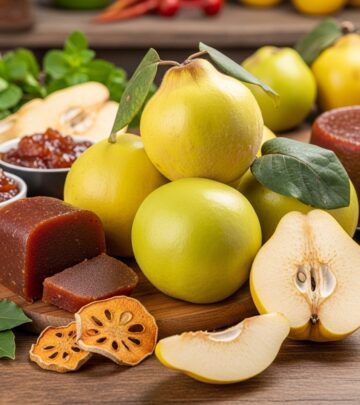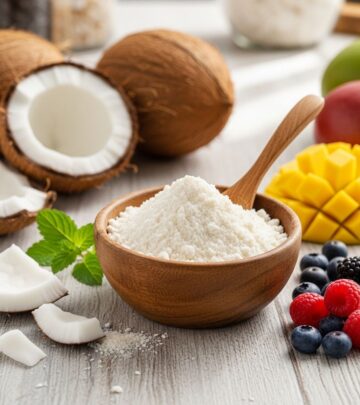12 Amazing Benefits of Turmeric Tea & Delicious Recipes
A warm golden infusion that calms inflammation, boosts immunity, and eases digestion.
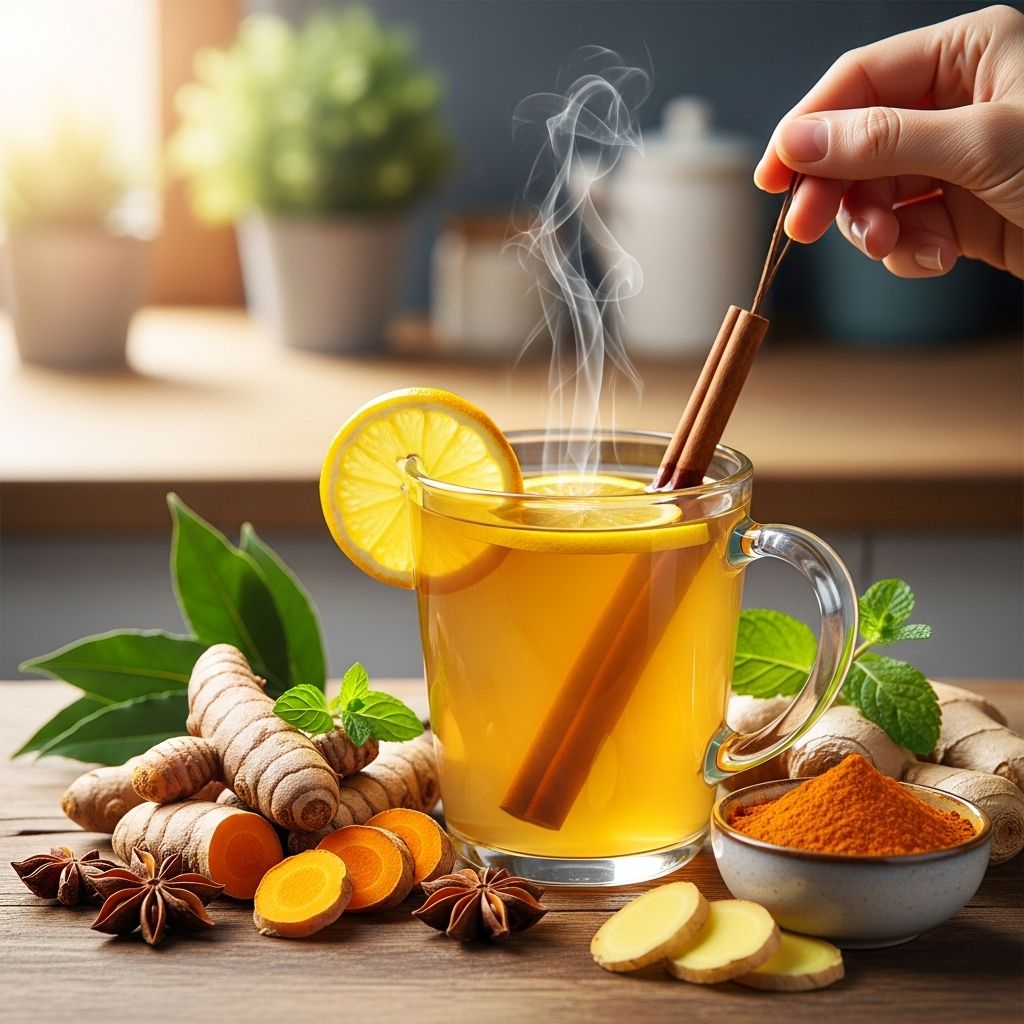
12 Impressive Health Benefits Of Turmeric Tea + Easy And Tasty Recipes
Turmeric tea has emerged as a popular health beverage across the globe, quickly gaining recognition for its vibrant color, earthy flavor, and powerful medicinal properties. With roots in Ayurvedic and traditional medicine, turmeric is known for its potent compound, curcumin, which contributes to a range of health-promoting effects. In this comprehensive article, we’ll uncover the top benefits of turmeric tea, explore any possible side effects, provide delicious recipes, and answer the most frequently asked questions.
What Is Turmeric Tea?
Turmeric tea is made by simmering either fresh turmeric root or ground turmeric powder in water, sometimes combined with other herbs and spices. This infusion results in an aromatic, yellow-gold drink that can be enjoyed for both its taste and its health-supporting properties. The key bioactive compound in turmeric is curcumin, which is responsible for the majority of its benefits.
Top 12 Science-Backed Health Benefits of Turmeric Tea
Potent Anti-Inflammatory Effects
Curcumin in turmeric possesses remarkable anti-inflammatory properties, which may help reduce chronic inflammation implicated in illnesses such as arthritis, metabolic syndrome, and even some cardiovascular conditions. Research suggests turmeric may relieve joint pain and stiffness, potentially making it a natural support for those with osteoarthritis or other inflammatory conditions.
Rich Source of Antioxidants
Turmeric contains a potent mix of antioxidants, including curcuminoids, which help neutralize free radicals in the body. This can give your immune system a boost and may protect your cells from oxidative stress, supporting vitality and overall wellness.
Supports Immune Health
Curcumin acts as an immune system modulator: it can help regulate immune cells and improve your body’s ability to fend off illness and infection. Regularly sipping turmeric tea may support your natural defenses, especially during periods of stress or cold and flu season.
May Promote Heart Health
By potentially easing inflammation and lowering risk factors like LDL (bad) cholesterol and triglycerides, turmeric and curcumin could contribute to better heart health. Some human studies suggest long-term use may also reduce systolic blood pressure and lower cholesterol levels, thereby supporting cardiovascular function.
Enhances Brain Function
Curcumin may help protect the brain, slowing age-related decline and potentially reducing the risk of neurodegenerative diseases like Alzheimer’s. Its antioxidant power can support cognitive health and may even uplift mood and ease symptoms of depression through its influence on neurotransmitters.
Supports Healthy Digestion
For centuries, turmeric has been used in traditional medicine as a digestive aid. It may stimulate bile production, relieve bloating, support gut health, and help with symptoms of indigestion. Including black pepper in your turmeric tea can further aid absorption and digestive efficacy.
May Aid in Cancer Prevention
Research has demonstrated curcumin’s potential anticancer properties. Laboratory studies show that curcumin can help slow the growth of cancer cells and may even play a role in preventing certain types of cancer, especially those of the digestive tract.
Helps Stabilize Blood Sugar
Some studies suggest turmeric may have antidiabetic properties, helping to regulate insulin sensitivity and maintain balanced blood glucose levels. While more human research is needed, incorporating turmeric tea as part of a healthy lifestyle may contribute to better glucose control.
May Improve Liver Function
Curcumin can support healthy liver function by reducing inflammation and oxidative stress. Clinical trials suggest that turmeric supplementation may lower liver enzymes and support overall liver health, but as with all herbal remedies, moderation is essential.
Aids in Weight Management
As a flavorful, low-calorie beverage (containing under 30 calories per cup if unsweetened), turmeric tea can be a smart alternative to sugary drinks. Its potential to help regulate metabolism and reduce inflammation may indirectly support healthy weight management.
Supports Healthy Skin
The antioxidants and anti-inflammatory compounds in turmeric can contribute to improved skin health. Consuming turmeric tea may help protect your skin from damage, reduce redness, and promote a youthful glow from within.
Promotes Relaxation and Better Sleep
Turmeric tea is generally caffeine-free, making it a soothing choice for evening relaxation or as a bedtime ritual. It blends well with chamomile or ginger, creating a calming, aromatic tea that may help ease tension and contribute to a restful night.
Essential Nutrients in Turmeric Tea
Aside from curcumin, turmeric tea also contains small amounts of:
- Manganese: supports bone health and metabolism
- Iron: crucial for oxygen transport and energy
- Copper: aids in enzyme function and brain health
These nutrients amplify the overall health profile of turmeric tea, making it more than just a tasty beverage.
Understanding Curcumin Bioavailability
It’s important to note that the human body doesn’t naturally absorb curcumin efficiently. To boost absorption, combine turmeric with black pepper (which provides piperine) or healthy fats (such as coconut oil). Piperine increases curcumin’s bioavailability by as much as 2000%.
Potential Side Effects and Precautions
Turmeric tea is generally recognized as safe for most people when consumed in moderate amounts. However, possible side effects include:
- Stomach upset or bloating, especially in large quantities
- Potential interactions with blood thinners or diabetes medications
- Rare allergic reactions (e.g., rash or digestive issues)
- Possible liver irritation in very high supplemental doses
If you have underlying medical conditions (especially gallbladder issues, bleeding disorders, or are pregnant/breastfeeding), consult with your healthcare provider before making turmeric tea a daily habit.
Simple and Delicious Turmeric Tea Recipes
Enjoying turmeric tea doesn’t need to be complicated! Try these easy-to-follow recipes and customize to your taste.
Classic Turmeric Tea
- 2 cups water
- 1 teaspoon ground turmeric (or 1-inch fresh turmeric root, sliced)
- 1/4 teaspoon ground black pepper
- Optional: ginger slice, cinnamon stick, honey, or lemon
Instructions:
- In a small saucepan, bring water to a low boil.
- Add turmeric, black pepper, and any optional spices.
- Simmer for 10 minutes. Strain into a mug.
- Add sweetener or lemon if desired. Serve warm.
Golden Milk (Turmeric Latte)
- 1 cup milk (dairy or plant-based)
- 1/2 teaspoon ground turmeric
- Pinch of black pepper
- Pinch of ground cinnamon and/or ginger
- Maple syrup or honey to taste
Instructions:
- Whisk together all ingredients in a small pan over medium heat.
- Heat until hot (do not boil), whisking to combine.
- Pour into a mug and enjoy.
Iced Turmeric Citrus Tea
- 2 cups water
- 1 teaspoon ground turmeric
- 1/2 teaspoon grated ginger
- Juice of 1 orange
- Juice of 1/2 lemon
- Honey or agave to taste
- Ice cubes
Instructions:
- Bring water, turmeric, and ginger to a low boil. Simmer for 5 minutes.
- Cool slightly, then add citrus juices and strain.
- Pour over ice and sweeten to taste.
Turmeric Ginger Detox Tea
- 2 cups water
- 1-inch fresh turmeric root, thinly sliced
- 1-inch fresh ginger root, thinly sliced
- 1/4 teaspoon black pepper
- Honey and lemon to taste
Instructions:
- Simmer water, turmeric, ginger, and black pepper for 15 minutes.
- Strain, add honey and lemon, and sip slowly.
Tips for the Best Turmeric Tea
- Combine turmeric with black pepper or healthy fats to boost curcumin absorption.
- Use fresh turmeric root for a more vibrant flavor and aroma.
- Enhance flavor and benefits with spices like ginger, cinnamon, or cardamom.
- Sweeten naturally with honey, maple syrup, or stevia if desired.
Frequently Asked Questions (FAQs)
Q: How often can I drink turmeric tea?
A: Enjoying 1–2 cups per day is generally considered safe for most adults. Moderation is key, especially if you have underlying health conditions.
Q: When is the best time to have turmeric tea?
A: Turmeric tea can be enjoyed at any time of day but is especially soothing in the evening or after meals for relaxation and digestive support.
Q: Can I drink turmeric tea on an empty stomach?
A: Yes, many people drink it first thing in the morning to activate metabolism, though sensitive individuals may prefer to pair it with food.
Q: Are there any people who should avoid turmeric tea?
A: Individuals with gallbladder problems, bleeding disorders, or who are pregnant/breastfeeding should consult their doctor before regular consumption.
Q: Can I use turmeric supplements instead for greater benefit?
A: Supplements contain more concentrated curcumin, but always discuss with your healthcare provider before starting any new supplement regimen.
Final Thoughts
Turmeric tea is a delicious, versatile beverage with powerful health benefits rooted in centuries-old tradition and modern scientific research. With its anti-inflammatory action, antioxidant support, and gentle flavor, turmeric tea is a valuable addition to any wellness plan. Enjoy experimenting with different recipes, savor the aroma and golden color, and drink to your health!
References
- https://www.webmd.com/diet/turmeric-tea-good-for-you
- https://www.healthline.com/nutrition/turmeric-tea-benefits
- https://www.medicalnewstoday.com/articles/319638
- https://www.health.harvard.edu/staying-healthy/turmeric-benefits-a-look-at-the-evidence
- https://pmc.ncbi.nlm.nih.gov/articles/PMC5664031/
- https://pmc.ncbi.nlm.nih.gov/articles/PMC10111629/
- https://newsnetwork.mayoclinic.org/discussion/mayo-clinic-q-and-a-turmeric-for-healthier-diet-pain-relief/
- https://cancer.uthscsa.edu/news-and-stories/harnessing-healing-power-turmeric-cancer-patients
Read full bio of Sneha Tete

